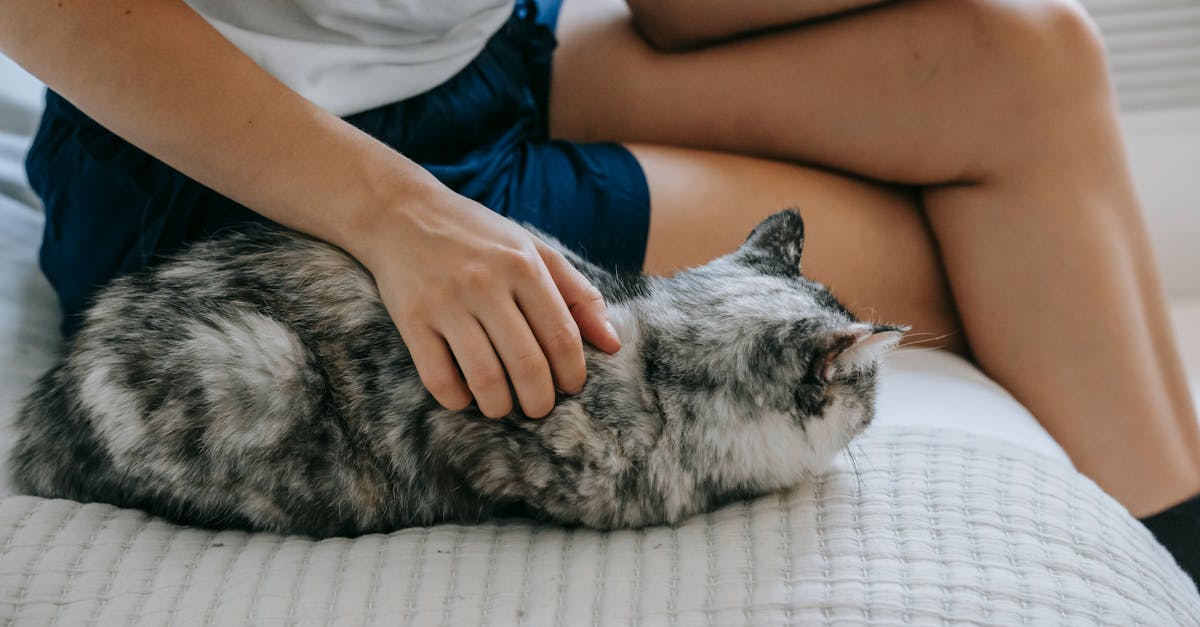I’m really starting to worry about my old cat, Whiskers. Something weird just happened — he’s been eating like a little piggy, gobbling up every bit of kibble I put in his bowl, but I swear he’s getting skinnier by the day. This has been going on for about three weeks, and I can’t figure it out. He’s almost 15, so I know he’s getting up there in age, but this can’t be normal, right? It’s breaking my heart to see him like this, and I’m not sure what to do. Has anyone else been through something like this with their furry friend? Could it be something serious, or am I just overthinking it? I’d really appreciate some advice from anyone who’s had a similar experience.
That definitely sounds concerning, and I completely understand why you're worried. When an older cat is eating well but still losing weight, there could be several underlying reasons. Some common causes include hyperthyroidism, diabetes, kidney disease, or gastrointestinal issues.
Hyperthyroidism is especially common in older cats and can lead to increased appetite paired with weight loss. Diabetes might also result in increased hunger while the body struggles to retain nutrients. Kidney disease can alter metabolism and cause weight loss even if food intake seems normal. Gastrointestinal problems might prevent proper absorption of nutrients.
At home, keep a close eye on your cat’s water intake and litter box habits. An increase in thirst or urination, or any changes in bowel movements, are critical details to note. Ensuring your cat is eating a balanced diet and is free of any parasites, like worms, is also important.
Watch for signs such as vomiting, diarrhea, excessive drinking, decreased energy, or changes in behavior. These could indicate more serious issues that need immediate attention.
You’re doing the right thing by looking into this, and I’d recommend scheduling a video consult with one of our vets on Dial A Vet. They can help decode your cat’s symptoms and guide you on the best next steps.
The "Ask a Vet" forum on Dial A Vet offers general information and helpful tips on pet health, but it's
not a substitute for professional veterinary care. The advice here doesn't create a veterinarian-client-patient relationship, and our vets can't diagnose or treat your pet remotely.
For emergencies or specific medical concerns, always contact your local veterinarian immediately. Your pet's health is unique, and decisions should only be made after consulting with a qualified professional. By using this forum, you acknowledge these limitations and agree to seek in-person veterinary advice for all your pet's health needs. View our
content guidelines.



%2520(1).png)
%2520(1).png)



.jpg)








